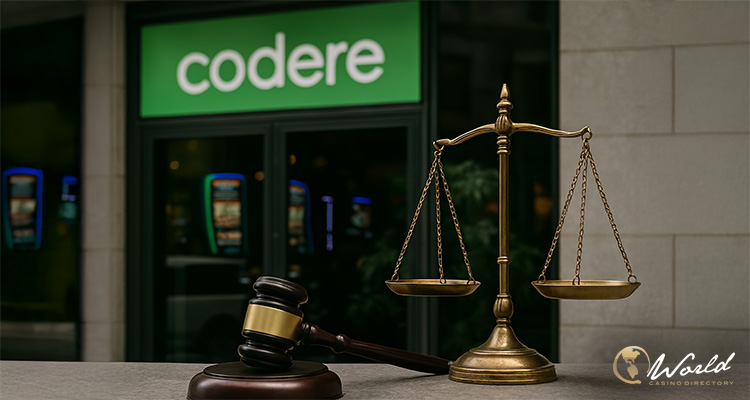A wide-reaching investigation by Catalonia’s police force, Mossos d’Esquadra, has revealed potential misuse of influence by former Spanish Finance Minister Cristóbal Montoro in connection with the gambling sector. Central to the allegations is Montoro’s former consultancy firm, Equipo Económico, which reportedly maintained close financial ties with Spanish gambling giant Codere SA. The case is being heard under judicial secrecy in Tarragona and has drawn sharp attention to potential regulatory favoritism and corruption.
Montoro, who held office under both Prime Ministers José María Aznar and Mariano Rajoy, is accused of creating regulatory barriers that unfairly impacted foreign gambling firms following the introduction of Spain’s Gambling Law 13/2011. Although passed by the Socialist government under PM José Luis Zapatero, implementation of the law fell to Montoro’s ministry after the Partido Popular assumed power later that year.
Foreign operators targeted, Codere benefited:
Investigators allege that Montoro, alongside the National Fraud Investigation Office (ONIF) and his former consultancy, crafted a licensing model that imposed steep retroactive tax demands on foreign gambling operators. Despite the law lacking any retroactivity clause, international firms were allegedly required to pay taxes ranging from €150 million to €200 million before obtaining licenses. This move, police claim, gave domestic firms a significant edge in the newly regulated market.
Emails acquired during the probe show coordination between Montoro’s office and Codere representatives regarding the licensing structure. During the same period, Codere reportedly paid €679,000 to Equipo Económico between 2008 and 2012. At that time, Rafael Catalá served as Codere’s board secretary. Catalá would later become Minister of Justice in Rajoy’s administration, deepening concerns about conflicts of interest.
Codere was undergoing corporate restructuring and negotiating with creditors during the period of these payments, adding further context to its vested interest in a favorable regulatory environment.
The investigation, which began after an anonymous tip and the interception of an email during a separate corruption case, has uncovered a network of suspected shell companies used to disguise the movement of funds. Authorities suspect these entities—lacking employees and offices—were part of a scheme to funnel payments to Montoro’s associates. Financial trails linked to more than ten jurisdictions, including Ireland and Luxembourg, have been identified.
According to the Catalan police and Spain’s Tax Agency, approximately €12 million flowed through seven companies tied to Montoro’s inner circle between 2011 and 2017, a time that coincides with his second term as Finance Minister. The funds were allegedly disbursed either through inflated consulting fees or routed through opaque channels lacking operational substance.
Critics argue that the case illustrates how former public officials can exploit their past influence for corporate gain. The role of Catalá, who transitioned from the Treasury to a board-level role at Codere before returning to politics, underscores the blurred lines between government and business in highly regulated sectors.
Potential consequences and ongoing legal review
As SBC Americas reports, citing Spanish media, legal proceedings are still underway, and the Court of Tarragona is reviewing contracts awarded to Equipo Económico beyond the gambling sector, including those in energy and gas. Some reports suggest tax reductions of up to 85% may have been arranged for clients of Montoro’s firm in those industries. The broader implication is that similar methods of influence may have been applied across multiple sectors.
While Montoro has dismissed the accusations as politically driven attempts to discredit his record, the fallout is mounting. He resigned from the Partido Popular on July 17, shortly before his indictment was made public.
Codere has yet to issue any formal statement addressing the investigation or its relationship with Montoro and Equipo Económico. Rafael Catalá no longer holds any official position at Codere.
The timing of these revelations is particularly sensitive. Spain’s gambling sector is on the verge of significant regulatory reform, as the Ministry of Consumer Affairs and the Directorate General of Gambling (DGOJ) prepare to release updated technical standards through a new Royal Decree. The scandal has intensified concerns about the integrity of the regulatory framework and the influence of political insiders on market access.
The outcome of the investigation may have broader ramifications. If judicial findings confirm discrimination against foreign operators, affected firms may seek damages from the Spanish state or appeal under European Union competition laws, claiming the regulatory process obstructed the principles of a unified market.


